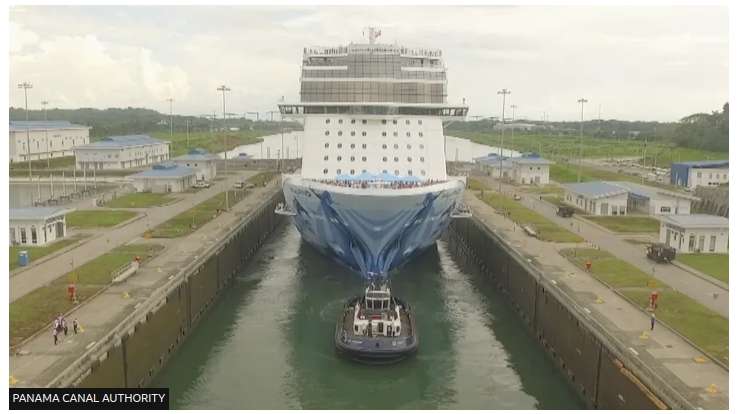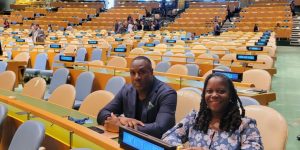Panamanian President Rejects Negotiations with Trump Regarding the Canal.
The Panama Canal, a vital artery of global commerce connecting the Atlantic and Pacific Oceans, has become the center of a geopolitical dispute ignited by former U.S. President Donald Trump’s contentious remarks. Trump’s assertions, challenging Panama’s sovereignty over the canal and accusing China of undue influence, have been met with staunch resistance from Panama’s President Jose Raul Mulino and sparked public protests. This controversy underscores the canal’s enduring strategic importance and its susceptibility to becoming a pawn in international power struggles.
The heart of the contention lies in Trump’s demand for the U.S. to regain control of the canal, a structure initially built by the United States in the early 20th century and subsequently transferred to Panama in 1999 under treaties signed by President Jimmy Carter and Omar Torrijos. Trump’s justification for this demand hinges on accusations of Panama’s mismanagement, including what he deems “ridiculous” canal fees and unsubstantiated claims of Chinese interference in the canal’s operations. He even went so far as to threaten U.S. intervention if Panama fails to maintain secure and efficient canal operations, a statement that was perceived as a veiled threat and a disregard for Panama’s sovereignty.
President Mulino has categorically rejected Trump’s demands and accusations, emphasizing that the Panama Canal unequivocally “belongs to Panamanians” and was earned through immense national sacrifice, symbolized by “blood, sweat, and tears.” He dismissed Trump’s claims of Chinese influence, denying any Chinese military presence or control over the canal’s operations. Mulino further defended the canal’s toll structure, emphasizing its transparency and fairness. He firmly asserted that there is “nothing to talk about” regarding the return of the canal to U.S. control, signaling a resolute stance against any renegotiation of the existing treaties.
The historical context of the Panama Canal’s construction adds another layer of complexity to this dispute. The canal’s creation was a monumental undertaking, involving a multinational workforce enduring harsh conditions and significant loss of life. Workers hailed from the Caribbean islands, the United States, Europe, Asia, and Central America, reflecting the global scale and ambition of the project. The canal’s construction was initially spearheaded by France but was later taken over by the United States, a transition marked by political maneuvering and complex negotiations. This history underscores the canal’s significance as a symbol of engineering prowess and international collaboration, but also as a point of historical contention and national pride for Panama.
The economic significance of the Panama Canal further fuels this geopolitical tension. The canal handles a substantial portion of global maritime traffic, with a significant percentage of cargo linked to both the U.S. and China. It provides a critical shortcut between the Atlantic and Pacific Oceans, avoiding the treacherous and time-consuming route around Cape Horn. This strategic location makes the canal a crucial component of international trade, particularly for the United States, which accounts for a large percentage of the canal’s traffic. China’s growing economic influence and increasing use of the canal have also contributed to the heightened sensitivity surrounding its control and operation.
The public response in Panama to Trump’s remarks has been overwhelmingly negative, with widespread protests erupting in Panama City. Demonstrators have vehemently denounced Trump’s interference in Panama’s affairs, expressing their unwavering support for their government’s stance and reaffirming Panama’s sovereignty over the canal. This public outcry highlights the deep national sentiment attached to the canal and the strong resistance to any perceived threat to Panama’s control. The controversy surrounding the Panama Canal serves as a stark reminder of the delicate balance of power in international relations and the potential for strategic infrastructure to become a focal point of geopolitical disputes. The resolute stance of the Panamanian government and its people underscores the enduring importance of national sovereignty and the determination to protect national interests in the face of external pressure.
Share this content:










Post Comment